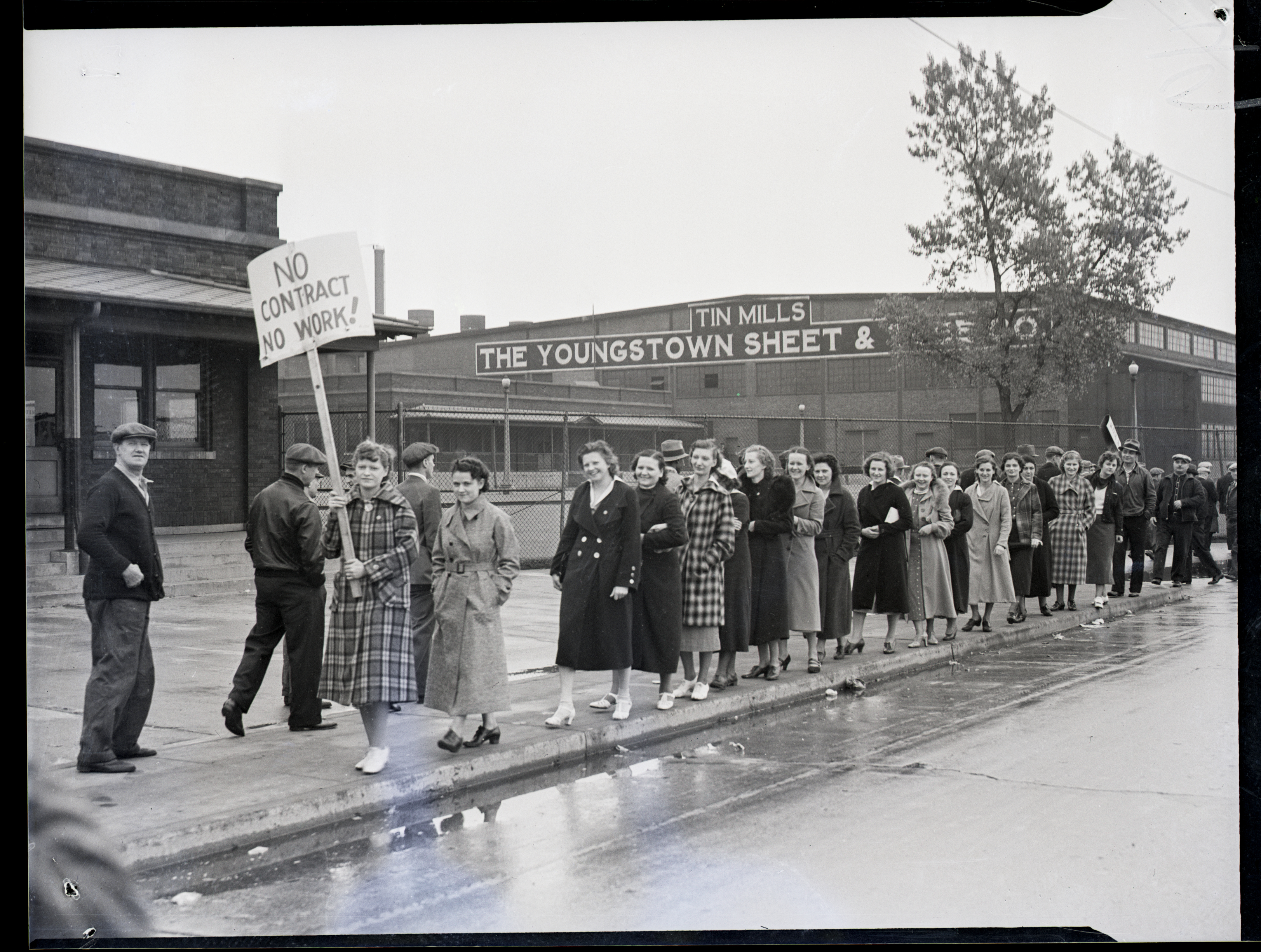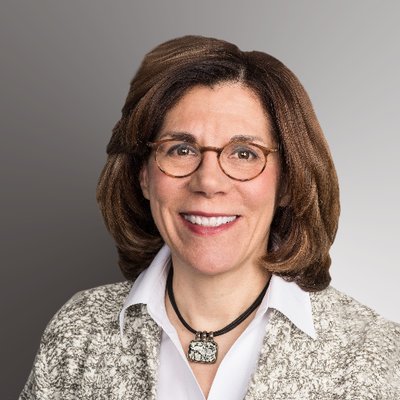
Wives and sympathizers leading the picket line at Youngstown Sheet and Tube Company in 1937
Except for my Nieman year, I had been staring down deadlines every work day since age 22. So after four decades of newsroom stresses, I moved back to Atlanta, where I had worked for many years for the Journal-Constitution.
Leaving my job as a business-news editor at NPR, I looked for ways to shift to a new passion: teaching college students how to cover business news. Fortunately I was presented with the opportunity to be the Industry Fellow for 2018 with the James M. Cox Jr. Institute for Journalism Innovation, Management and Leadership at the University of Georgia.
The trick to firing up students to cover business is getting them to see that money stories are people stories, and that helping our fellow citizens better understand economic issues is vital for our democracy.
The stories of angry, frustrated workers have shaped my career from the start. I grew up in Youngstown, Ohio, and my earliest work as a business reporter involved covering northeast Ohio’s collapsing steel industry for the Akron Beacon Journal.
Here’s the tricky thing about being a 62-year-old lecturer facing a roomful of 22-year-olds: you have to avoid telling boring old war stories while providing context to help them understand today’s issues.
For example, when, I asked the students who they thought steelworkers blamed for the industry’s job losses in the late 1970s and early 1980s, most had no clue; the rest said “China.” They didn’t know that 40 years ago, Japan was the “bad guy.” And they were surprised to learn that NAFTA had taken effect 17 years after Youngstown Sheet & Tube closed. So I want j-students to see that telling accurate, context-rich business stories requires an understanding of basic economics, history, political trends, and technological change. But it also requires them to be in the moment—fully alive to their own times.
Training young people to be passionate business journalists seems like the right work at the right time for me.
And next year, I’ll be taking my act to a new venue—as the visiting professor for the Global Business Journalism Program at Tsinghua University in Beijing.
I am hoping that while my students learn about how to report on the economy, I’ll be gaining a better understanding of how the world looks to millennials on the other side of the planet.


